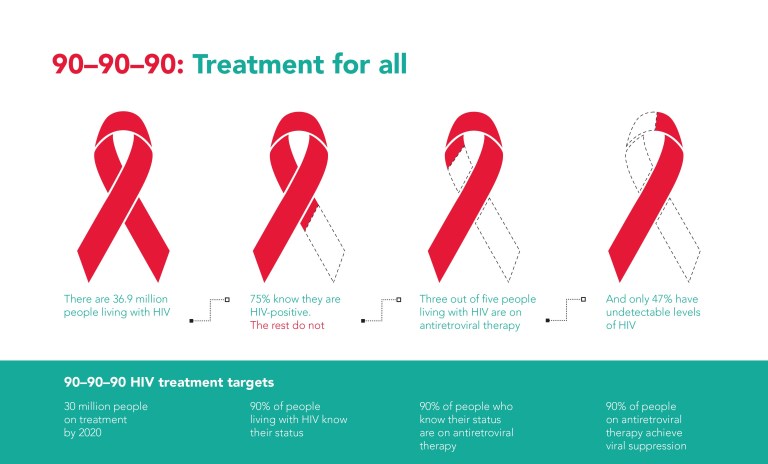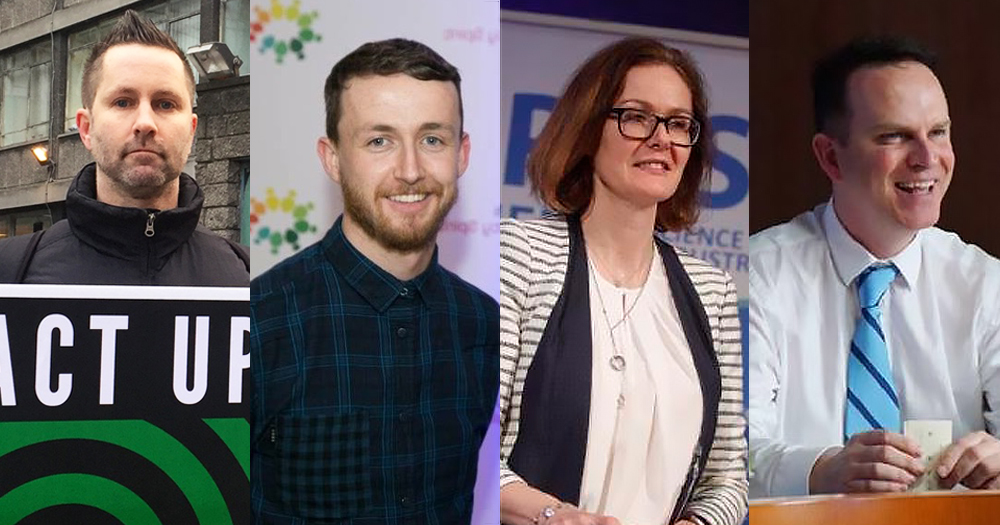This Thursday, May 30, Science Gallery Dublin will play host to a panel discussion in partnership with ICON, looking at the experiences of people living with HIV.
Living with HIV is the first in a five-part Living with… series created in partnership with ICON. This panel discussion, moderated by broadcaster Ciara Kelly will examine the varied experiences of patients, clinicians, and researchers who are all challenging the perception of what it means to live beyond a diagnosis and thrive with a chronic health condition.
The panel speakers are:
Thomas Strong, Member of Act UP and lecturer in anthropology at Maynooth University. Thomas has been living with HIV since 2006.
Adam Shanley, MSM Programme Manager with HIV Ireland. Adam’s role aims to respond to the sexual health and wellbeing needs of this community by developing innovative interventions and services.
Caroline Forkin, Senior Director of Medical Affairs in ICON. Caroline has 24 years of experience as a physician, including nine years in Mozambique working for the World Bank and Irish Aid in International Health, primarily as an advisor in the area of HIV and AIDS.
Professor Nigel Stevenson, Assistant Professor in Immunology at Trinity College Dublin. Prof. Stevenson’s research at Trinity analyses how viruses target our immune system. His HIV research has been funded by The Irish Research Board (HRB), Science Foundation Ireland (SFI) and Enterprise Ireland.
Ciara Kelly, Broadcaster and Panel Moderator is a journalist and broadcaster on Irish radio.

In 2013, UNAIDS set the ambitious target of 90-90-90 by 2020 as a global response to HIV.
According to this target:
- By 2020, 90% of all people living with HIV will know their HIV status.
- By 2020, 90% of all people with diagnosed HIV infection will receive sustained antiretroviral therapy.
- By 2020, 90% of all people receiving antiretroviral therapy will have viral suppression.
Ireland has surpassed the 90% figure in terms of viral suppression. When it comes to people diagnosed with HIV, Ireland has reached 87% and of those, 83% are on treatment.
While predominantly a treatment target, this is underpinned by the other elements of an appropriate and sustainable response, i.e. the need to scale-up other core prevention strategies such as elimination of mother-to-child transmission, pre-exposure prophylaxis (PrEP), condom programming, harm reduction services for people who inject drugs, and focused prevention programmes for other key populations. Concerted efforts will also be needed to eliminate the stigma, discrimination and social exclusion.
Tickets for the events are free, you can register on Eventbrite.
© 2019 GCN (Gay Community News). All rights reserved.
Support GCN
GCN is a free, vital resource for Ireland’s LGBTQ+ community since 1988.
GCN is a trading name of National LGBT Federation CLG, a registered charity - Charity Number: 20034580.
GCN relies on the generous support of the community and allies to sustain the crucial work that we do. Producing GCN is costly, and, in an industry which has been hugely impacted by rising costs, we need your support to help sustain and grow this vital resource.
Supporting GCN for as little as €1.99 per month will help us continue our work as Ireland’s free, independent LGBTQ+ media.
